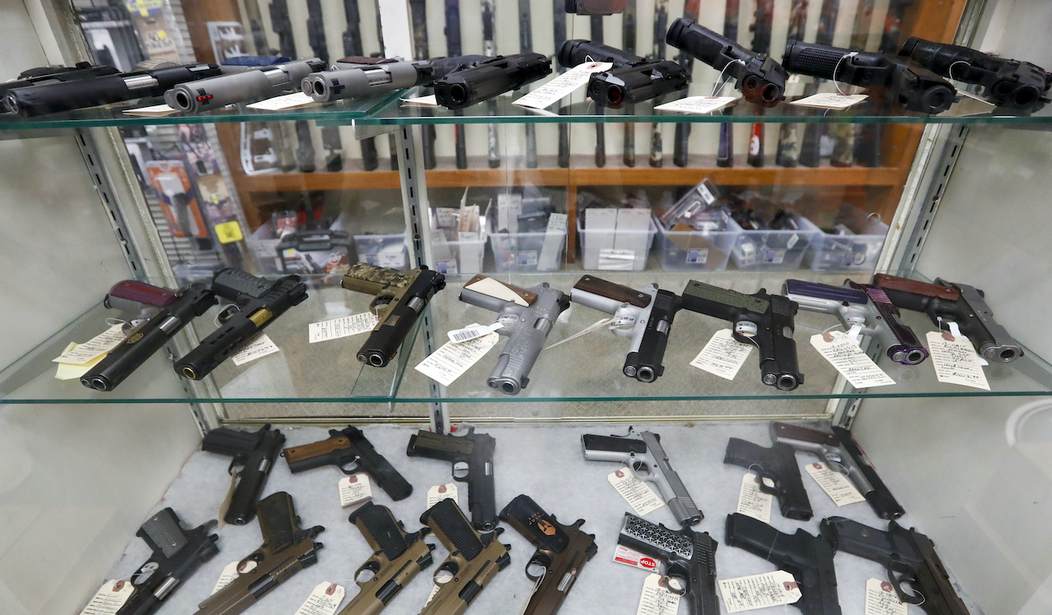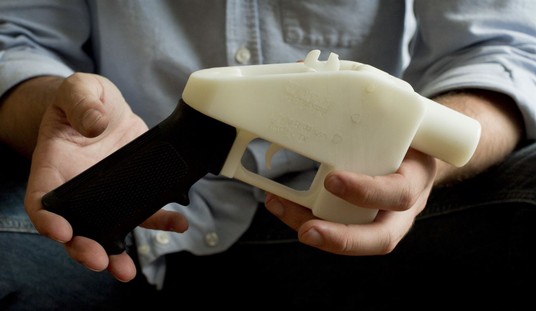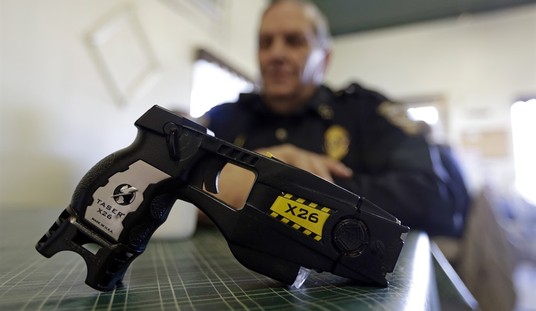So-called gun violence is a significant issue in our inner cities. It’s not the gun that’s the problem, of course, but the violence, yet many seem to cling to the idea that we should focus on the gun.
In fact, because so many residents in our inner cities are black, some have called any opposition to gun control racist.
But is it?
Researchers at Texas Southern University, an HBCU, are going to take a look.
Researchers are tackling the correlation between high-crime communities, guns, and young Black men.
Four historically Black colleges and universities in four cities with disadvantaged neighborhoods are working together to stop the violence impacting people living there before it starts. They’re going beyond the numbers and data to get it done.
The HBCU’s, including Texas Southern University, are including the people most at risk in their research. Part of their project involves interviews with Black men between the ages of 15 and 24 in communities that struggle with gun violence.
…
Instead of lawmakers, educators are trying to find the answers by asking questions.
“We felt it was important that we begin to ask questions, not just of the adults, but other youth that are involved in this space,” said Howard Henderson, Ph.D., the director of TSU’s Center for Justice Research. “You see, around the country the violent crime rate has increased drastically.”
Henderson is working with researchers from three other HBCU’s in Baltimore, Maryland, Jackson, Mississippi and Wilmington, Delaware. The first part of their study reveals common issues across high-crime neighborhoods, like unemployment. The next step is to interview people dealing directly with these problems related to class, who are mainly young, Black, and male.
“These kids are going to know, first and foremost, what it is they’re being challenged by. They’re going to be able to provide for us, what they feel, are the motivating factors to causing them to possess guns in the first place,” Henderson said.
Honestly, I applaud this kind of research. We need to get answers before we can meaningfully consider solutions. Why is it that this happens in inner cities, but not in the rural parts of the state? Finding out the wheres and whys is a key first step.
So why in the hell did it take so long for someone to decide to do it?
Well, the answer is probably the same why it’s taking an HBCU to do the research. People are afraid to step wrong with their research and have not just their funding pulled, but their reputations and careers destroyed. A white researcher who looked at this would be constantly concerned that even asking these questions might result in accusations of racism.
But if “gun violence” is a problem, we should have been looking at it.
Now, we are, but people long ago decided support for any policy but gun control was racism. They didn’t do any research first to see if there were any other possible solutions. Why? Because “racism” is that accusation Democrats like to throw around when anyone opposes any of their policies.
Gun control was never going to be anything different.
Yet this study promises to answer a lot of questions. It may also lead to other important research studies that can answer still more questions. We can finally get answers and maybe create efforts that don’t just reduce violent crime but increase opportunities for those who might otherwise end up in prison.
I’m looking forward to this one.








Join the conversation as a VIP Member